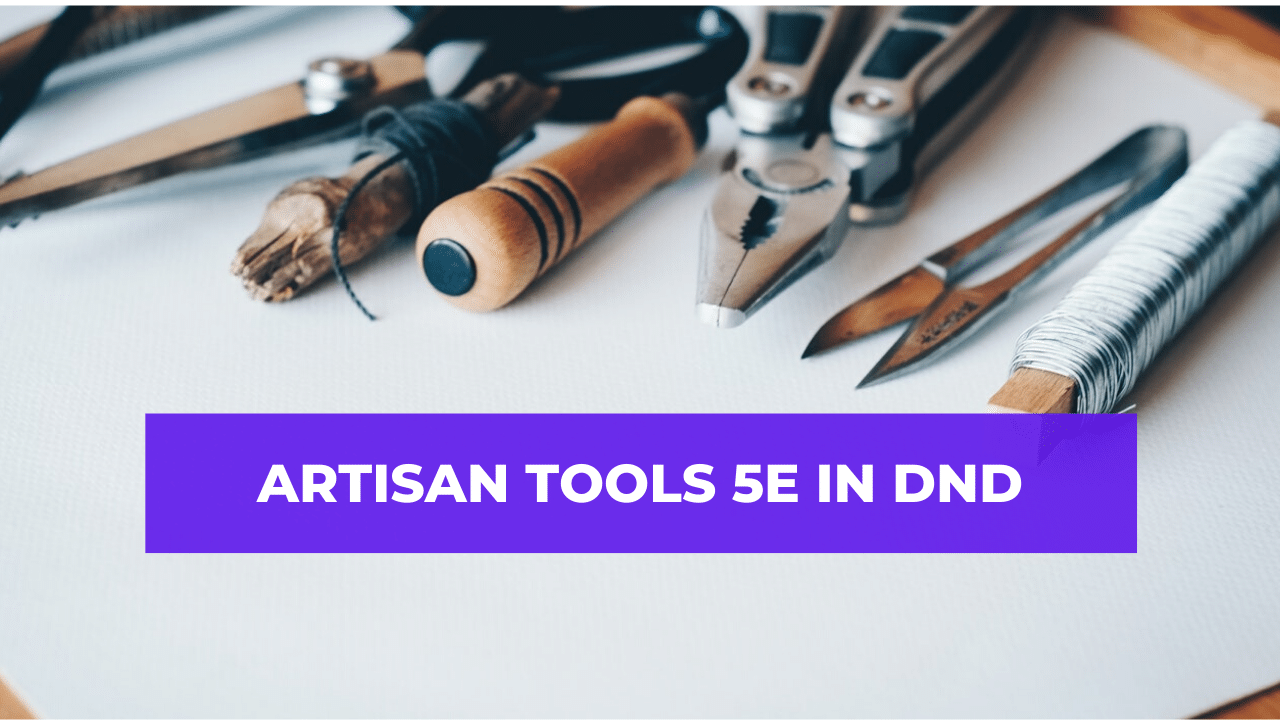A home is the most significant single investment you will ever make, and make no mistake: you will devote a significant amount of time and money to finding the ideal location. When you’re ready to buy, you’ll have a good understanding of the home. However, you can do a little more research and find out the answers to some analytical questions so that you can feel more relaxed and at ease when you make your final decision.
By filling in the blanks, a conversation with the dealer, the seller’s agent, and a thorough review of the public records will assist you in making an educated decision. Real estate is a lucrative business, but it is also a high-risk endeavour. Although virtual real estate viewings have made things easier, that does not mean the risk has decreased. If you’re not careful, your investment could turn into a massive tragedy, which is why it’s important to ask the right questions.
Here are some questions to ask to help you sift through the pile and find the right ones.
- Is the house in a flood plain or otherwise vulnerable to natural disasters?
The reason you should ask this question is simple: a property in a flood zone or in a region that is susceptible to natural disasters could necessitate additional insurance coverage. Flood insurance is required for homes located in a federally designated high-risk flood zone, for example. Similarly, earthquake insurance can be required if you are purchasing a home in an area where seismic activity is common. In this case, it is important that you purchase enough homeowners’ insurance to cover the cost of completely rebuilding your home if it is lost. If you’re underinsured, you might be faced with a large bill to rebuild your home if disaster strikes.
- What is the motivation behind the seller’s decision to sell his or her home?
There are a variety of reasons why people move, ranging from life events such as marriage, the birth of a child, or retirement to work relocation or a desire to move into a smaller/larger property, among others. Although it can be difficult to get an accurate answer to this question, it is always a good idea to ask why the seller is leaving in order to determine how much room for negotiation there is. Depending on the reason for their move, the seller can accept a lower offer if it allows them to leave the house sooner.
- What exactly is included in the purchase price?
Although you will undoubtedly receive the structure, it is not always clear what else you will receive. This is an interesting question to ask in order to get a clear picture of what the sellers will take with them and what they will leave behind. This will assist you in determining the overall cost of making the house more liveable, as well as the price you are willing to pay for the property. Here’s a little insider knowledge: Obtain a written response from the seller to this query, particularly if they promise to leave valuables behind.
- How are the surrounding areas?
This is a critical topic, and one that, once again, is difficult to answer honestly. Inquire about the neighbours, whether they are quiet or noisy, helpful or not, respectful and welcoming or rude and unfriendly. Inquire about whether the environment and people are pet-friendly, for example. Do not rely solely on the seller to provide you with such information, as you may not receive an honest response or the entire story. Drive around the neighbourhood and strike up conversations with the people you encounter. You are more likely to discover information on your own rather than asking the seller.
- Has the home been on the market for a long period of time?
This is a question you can ask your agent, and if you want to be certain, do some additional research. If it’s been on the market for a long time, it’s likely that it’s overpriced or that the property has some flaws. Making a low offer now, particularly if the house has only been on the market for 21 days or less, would be a bad idea. After about 90 days, it’s preferable to make a low bid, which in this case may mean anything like 90% of the asking price.
Going on virtual property tours is another way to gather knowledge about the home. Virtual real estate site visits are more helpful than you would expect, and they might help you make an informed decision before you finalise the transaction.













